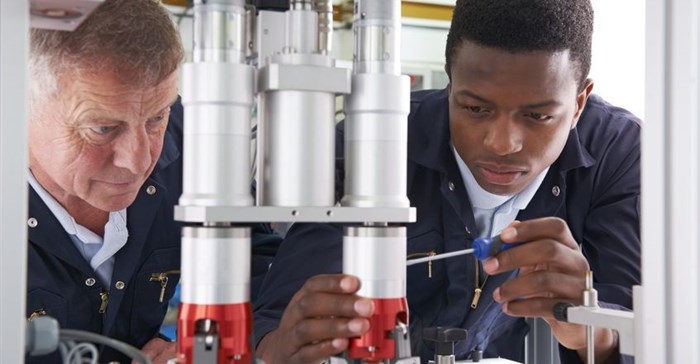According to The World Bank Energy project portfolio, there are currently 48 projects lined up for Africa, totalling $3bn, which will create jobs and an associated need to develop skills to match these positions.
However, this progression brings with it the task of finding the necessary talent to keep abreast with the rising demand as distributed renewable initiatives expand across the region. The challenge lies in the concern that Africa lacks the sufficient number of job-ready workers and entrepreneurs capable of developing, installing, operating and managing off-grid renewable solutions. Added to this is the challenge of seeking talent adaptable to a considerably dynamic sector. It is critical that talent be developed in a sustainable manner and approached holistically, meaning that establishments proficient in identifying talent and retaining this talent will surface with a competitive advantage in the marketplace due to accumulated institutional knowledge
Building a competant workforce
The question then remains: What is being done in terms of skill development within the African energy space? Building a competent energy workforce will create jobs of extensive scope along with business opportunities in rural areas that are left wanting for clean energy and economic growth. Many of these jobs could advantageously be performed by women and members of the expanding youth who bear the brunt of the effects of energy poverty and broader economic exclusion.
Dr Akinwumi Adesina, African Development Bank president, has introduced a programme aimed to create 25-million jobs and upskilling 50-million youth over the next decade. Additionally, the private sector has taken the initiative on this challenge in Africa. BBOXX and M-KOPA have launched their university and academy initiatives to train their teams, whilst collaborating with Shortlist, a technology employment start-up in Kenya that assists businesses foster internal learning and development programmes for junior-, middle- and senior-level employees.
Addressing the skills deficit
In 2017, Wits Business School (WBS), in collaboration with the Chemical Industries Education and Training Authority (CHIETA), introduced the Africa Energy Leadership Centre (AELC). This establishment aims to address the skills deficit experienced in the energy sector and aims to develop highly skilled and informed people to advance the energy space, thereby supporting economic growth of the continent as a whole.
The Energy and Water Sector Education and Training Authority (EWSETA), established in accordance with the Skills Development Act 1998 – amended to confront the skills gap facing South Africa and enhance and manage skill development and training requirements in the country’s energy and water space.
The extensive investment opportunities of the African energy realm and the establishments assuming responsibility for developing the talent pool within the sector, are proactively setting the African economy up for success by upskilling and empowering workers, thereby creating jobs for millions of people across the continent.




































